LASIK Eligibility: What You Need to Know Before Your Eye Surgery

Tired of reaching for your glasses first thing in the morning or dealing with the daily hassle of contact lenses? LASIK eye surgery might be the life-changing solution you're looking for. This remarkable procedure can correct common vision problems like nearsightedness, farsightedness, and astigmatism, offering a future with clear vision. However, LASIK isn't a one-size-fits-all fix. The best results are achieved when performed on the right person, making it crucial to understand if you fit the profile.
Being a good candidate for LASIK eye surgery depends on a specific set of criteria, including your age, the stability of your vision prescription, your overall eye health, and even your general wellness. This guide will walk you through the essential questions to help you determine if you are ready to take the next step toward visual freedom.
What is LASIK eye surgery?
"LASIK (Laser-Assisted In Situ Keratomileusis) is a refractive surgery that permanently changes the shape of the cornea, the clear front part of the eye, using an excimer laser to correct vision."
Think of your cornea as the eye's primary lens. It bends, or refracts, light onto the retina at the back of your eye. If the light isn't focused perfectly, your vision is blurry. During LASIK eye surgery, a surgeon creates a thin, hinged flap on the cornea, lifts it, and then uses a highly precise, computer-guided laser to remove a microscopic amount of corneal tissue.
This reshaping process corrects the refractive error, allowing light to focus properly on the retina. The flap is then placed back into position, where it heals naturally without stitches. The result for most patients is dramatically improved vision, often within 24 hours.
Who is a good candidate for LASIK eye surgery?
"A good candidate for LASIK is typically over 18 years old, has a stable vision prescription for at least one year, has healthy eyes with adequate corneal thickness, and possesses realistic expectations about the outcome."
Ophthalmologists are very careful when selecting patients to ensure safety and success. A comprehensive eye exam is required to determine your eligibility. The ideal candidate isn't just seeking to eliminate their glasses or contacts; they meet a checklist of criteria that indicates a high likelihood of a successful procedure with minimal risk.
Key factors that make you a strong candidate for LASIK eye surgery include a prescription within the treatable range, no active eye diseases, and good overall health. If you meet these foundational requirements, you are well on your way to being considered a suitable candidate.
What is the minimum age for LASIK?
"The FDA has approved LASIK for individuals aged 18 and older. However, most surgeons recommend waiting until your mid-20s, as this is when vision prescriptions tend to stabilize."
While you can technically get LASIK at 18, your eyes can continue to change into your early twenties. Performing surgery on an unstable prescription means you might need glasses again in a few years as your vision continues to shift naturally. For this reason, many clinics prefer patients to be at least 21 to 25 years old. There is no official upper age limit, but other factors like cataracts or presbyopia (age-related farsightedness) become more common with age and might make other procedures more suitable.
How stable does my vision prescription need to be?
"Your prescription should be stable for at least 12 consecutive months before surgery. 'Stable' generally means a change of no more than 0.50 diopters during that period."
Prescription stability is one of the most critical factors for success. LASIK is a permanent correction based on your current refractive error. If your prescription is still actively changing, the benefits of the surgery will diminish over time. Your eye doctor will compare your current prescription to records from the previous one to two years to confirm its stability.
What prescription range can LASIK correct?
"LASIK is FDA-approved to correct up to -12.00 diopters of nearsightedness, up to +6.00 diopters of farsightedness, and up to 6.00 diopters of astigmatism."
While these are the general limits, the ideal range is often more moderate. The best results are typically seen in patients with lower prescriptions. Extremely high prescriptions may require the removal of too much corneal tissue, which can compromise the structural integrity of the eye. Your surgeon will determine if your specific prescription can be safely and effectively treated.
Why is corneal thickness so important?
"Adequate corneal thickness is essential because the LASIK procedure involves creating a flap and removing tissue to reshape the cornea. There must be enough tissue remaining to ensure the eye's structural stability."
Your cornea must be thick enough to withstand the procedure safely. A typical cornea is about 540-550 microns thick (about half a millimeter). During the evaluation, a test called pachymetry is used to measure your corneal thickness. If your corneas are too thin, your surgeon may recommend an alternative procedure like PRK (Photorefractive Keratectomy), which does not require a flap.
Are there health conditions that can prevent me from getting LASIK?
"Yes, certain systemic health conditions, particularly autoimmune diseases like lupus or rheumatoid arthritis, and uncontrolled diabetes, can interfere with healing and disqualify you from being a candidate."
Your body's ability to heal is crucial for a good outcome. Autoimmune disorders can cause inflammation and poor healing, increasing the risk of complications. Uncontrolled diabetes can also affect healing and cause fluctuations in your vision. It's vital to provide your surgeon with a complete medical history to ensure you are a safe candidate for LASIK eye surgery.
What eye conditions can disqualify me?
"You may not be a good candidate if you have certain eye conditions such as keratoconus, glaucoma, cataracts, severe dry eye syndrome, or a history of herpes infections in the eye."
A thorough eye exam will screen for these issues:
- Keratoconus: A progressive thinning and bulging of the cornea.
- Glaucoma: This condition can be affected by the pressure changes during surgery.
- Cataracts: LASIK corrects the cornea, not the lens. If you have cataracts, cataract surgery is the appropriate procedure.
- Severe Dry Eye: LASIK can temporarily worsen dry eye symptoms, so this condition must be managed before surgery.
- Eye Infections: Any active infection must be fully resolved before surgery.
What if I have large pupils?
"Having very large pupils can increase your risk of experiencing night vision side effects like glare, halos, or starbursts after LASIK surgery."
During your consultation, your pupil size will be measured in a dark room. Modern laser technology has larger treatment zones that have significantly reduced this risk, but it remains an important consideration. If your pupils are exceptionally large, your surgeon will discuss the potential for night vision disturbances with you.
Can I get LASIK if I'm pregnant or nursing?
"No, pregnant or nursing women are not candidates for LASIK. Hormonal fluctuations during this time can cause temporary changes to your vision prescription."
It is recommended to wait at least three to six months after you have finished nursing before considering LASIK eye surgery. This allows your hormones and your vision prescription to return to a stable baseline, ensuring an accurate and lasting surgical correction.
What is the cost of LASIK eye surgery?
"The cost of LASIK in the typically ranges from $2,000 to $4,000 per eye. The final price can depend on the technology used, the surgeon's experience, and your geographic location."
Be wary of clinics that advertise extremely low prices, as these often apply to only a small percentage of people with very low prescriptions and may not include all fees. A reputable clinic will provide a clear, all-inclusive quote that covers pre-operative consultations, the procedure itself, and all post-operative follow-up appointments. While LASIK is an investment, many patients find that it pays for itself over time by eliminating the recurring costs of glasses, contact lenses, and supplies.
Ready to see if you are a candidate for a life without glasses or contacts? PlacidWay can help you connect with highly-qualified ophthalmologists and leading eye clinics around the world. Explore your options for LASIK and start your journey to clear vision today.
?

.png)
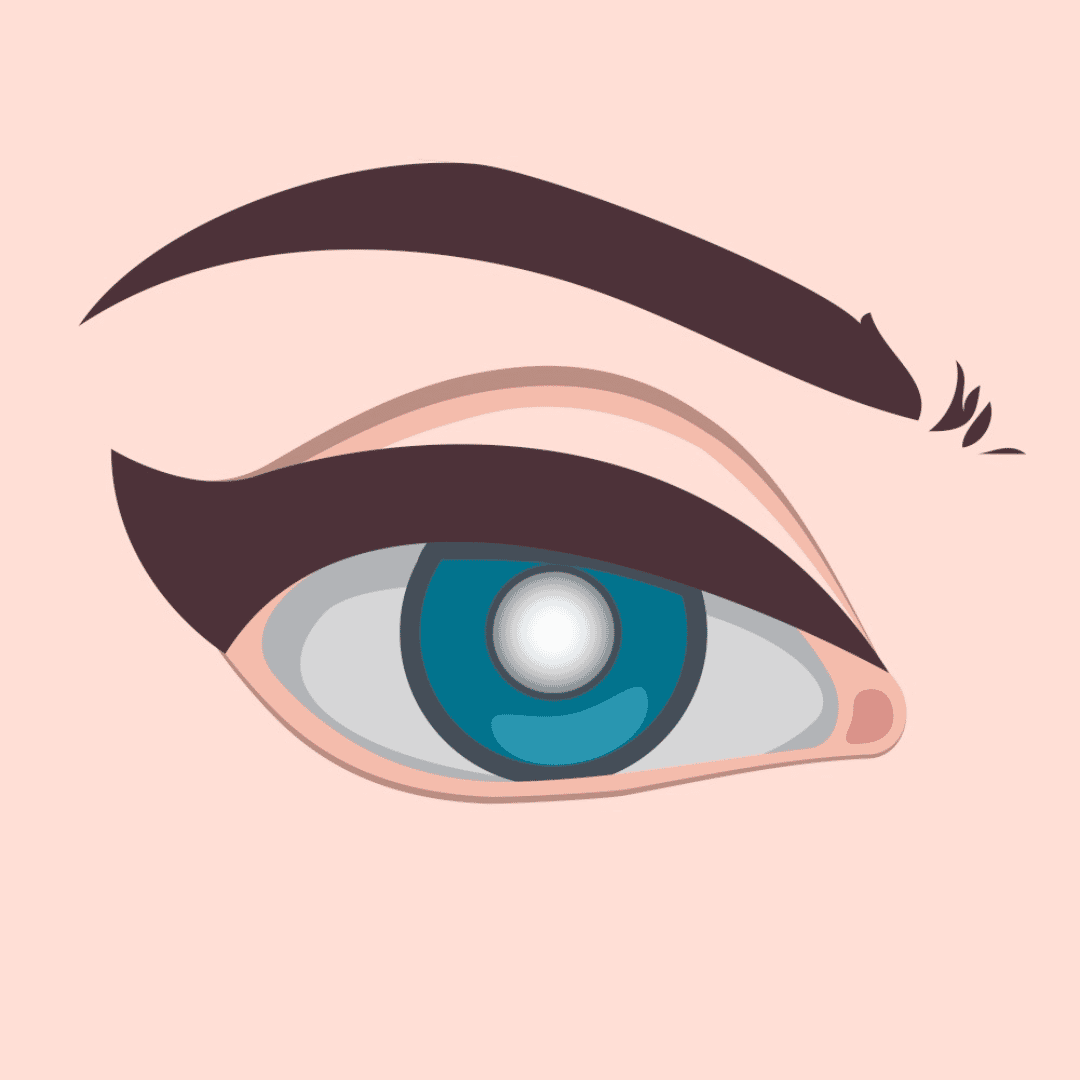

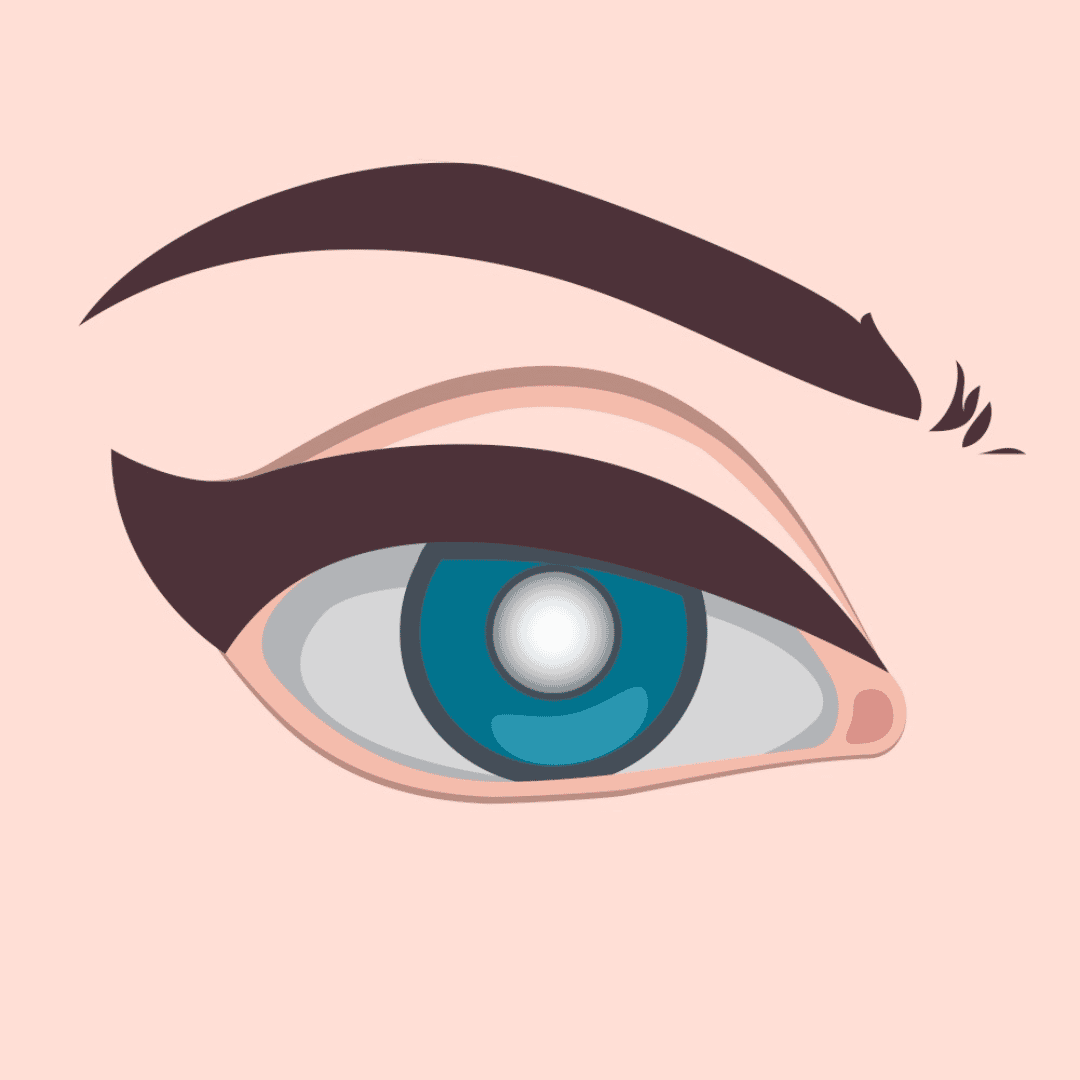
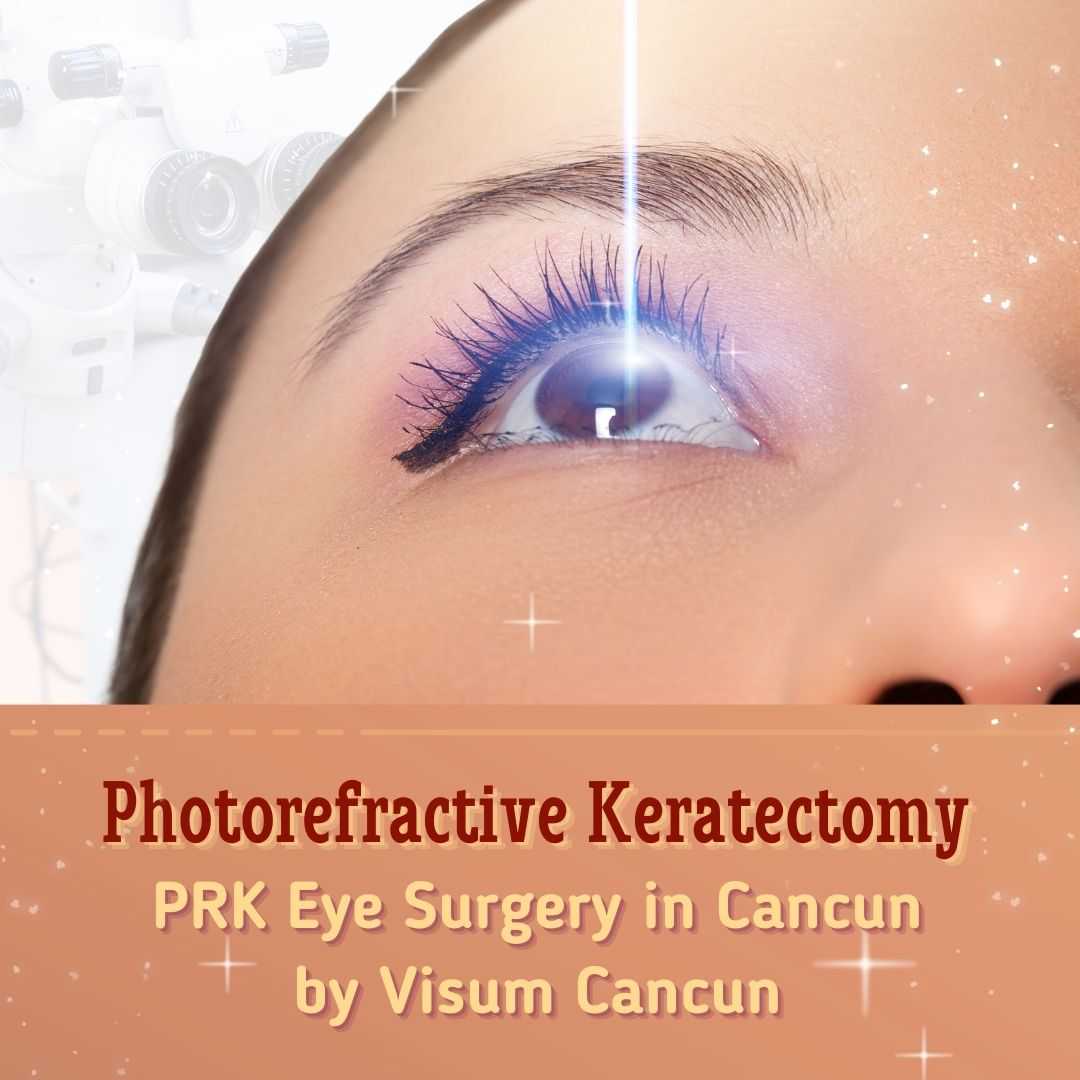
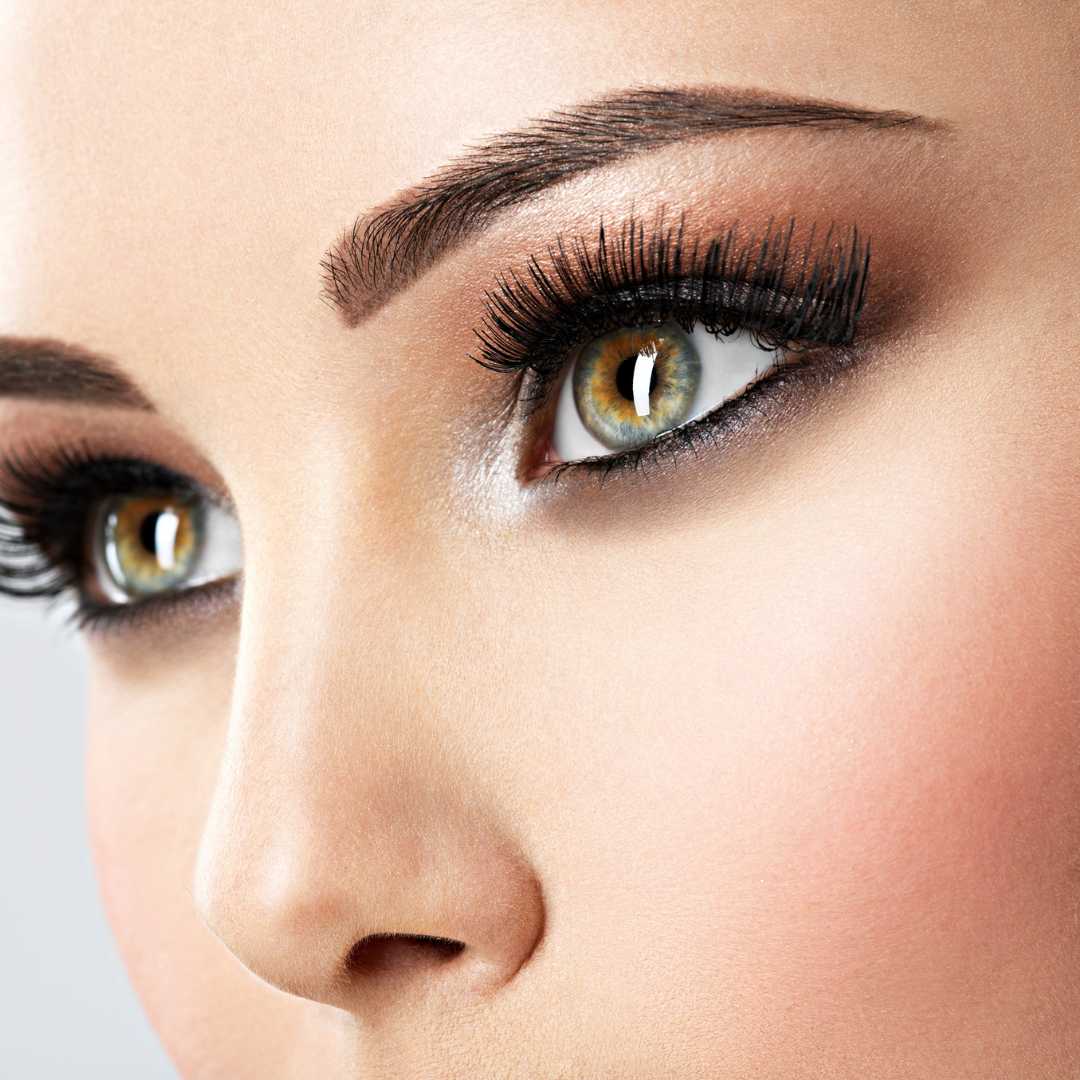
.png)

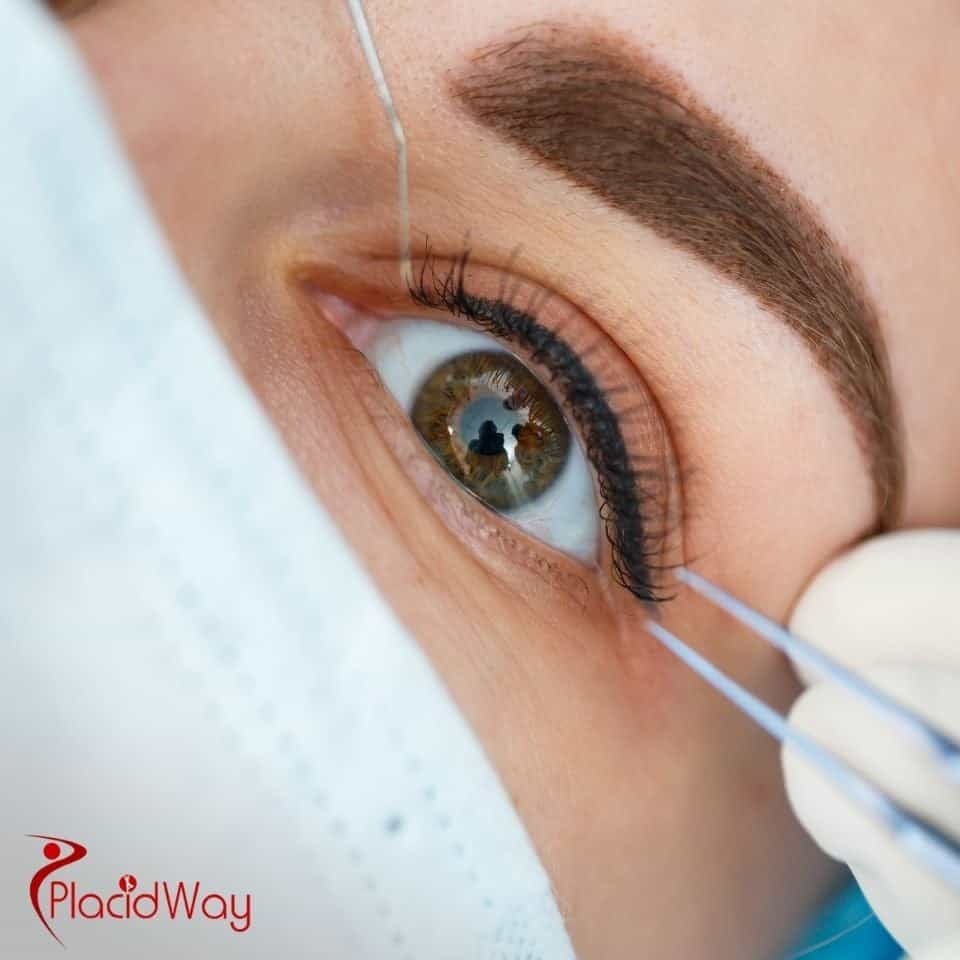

Share this listing